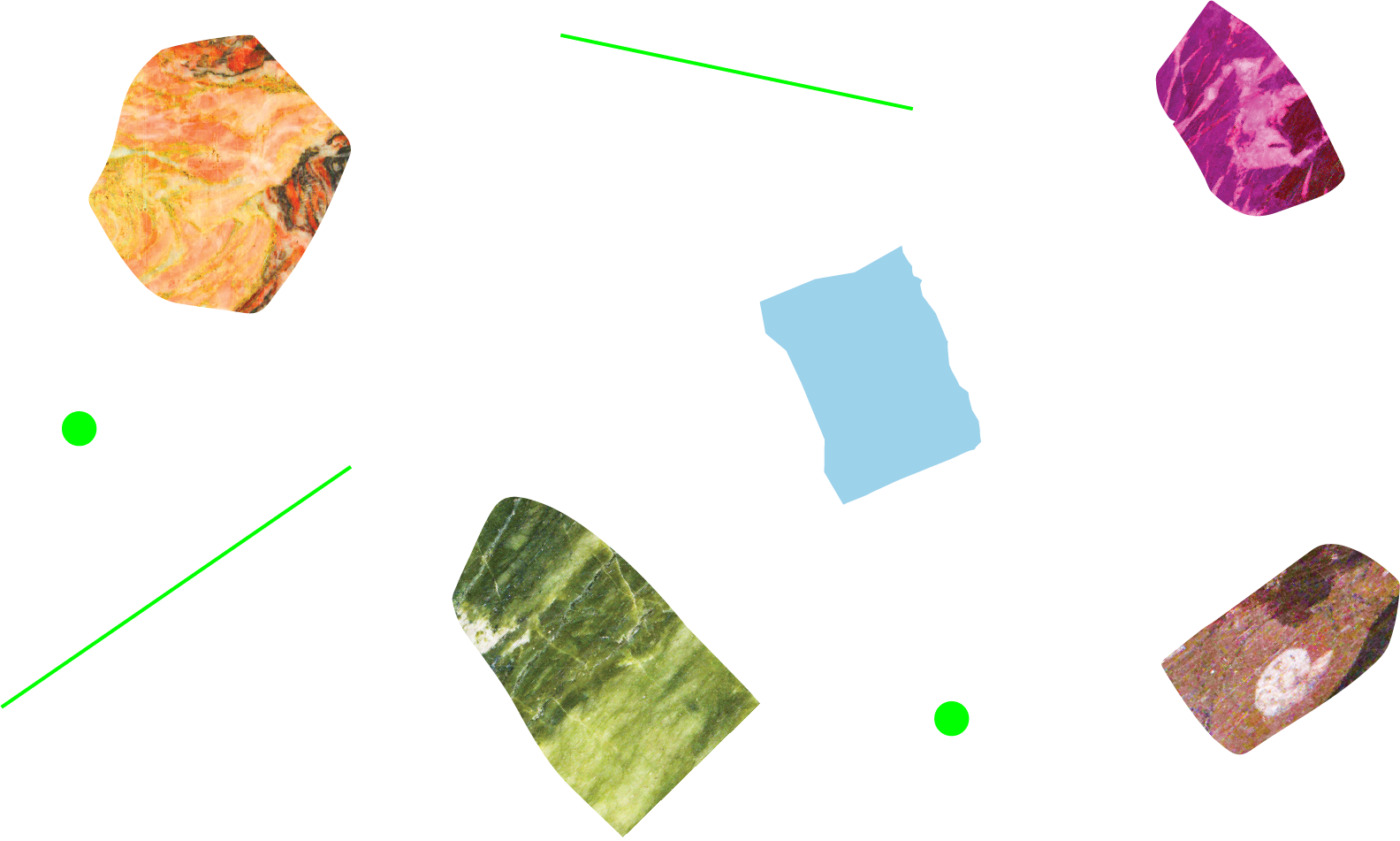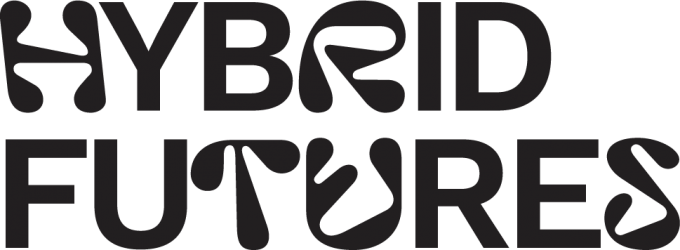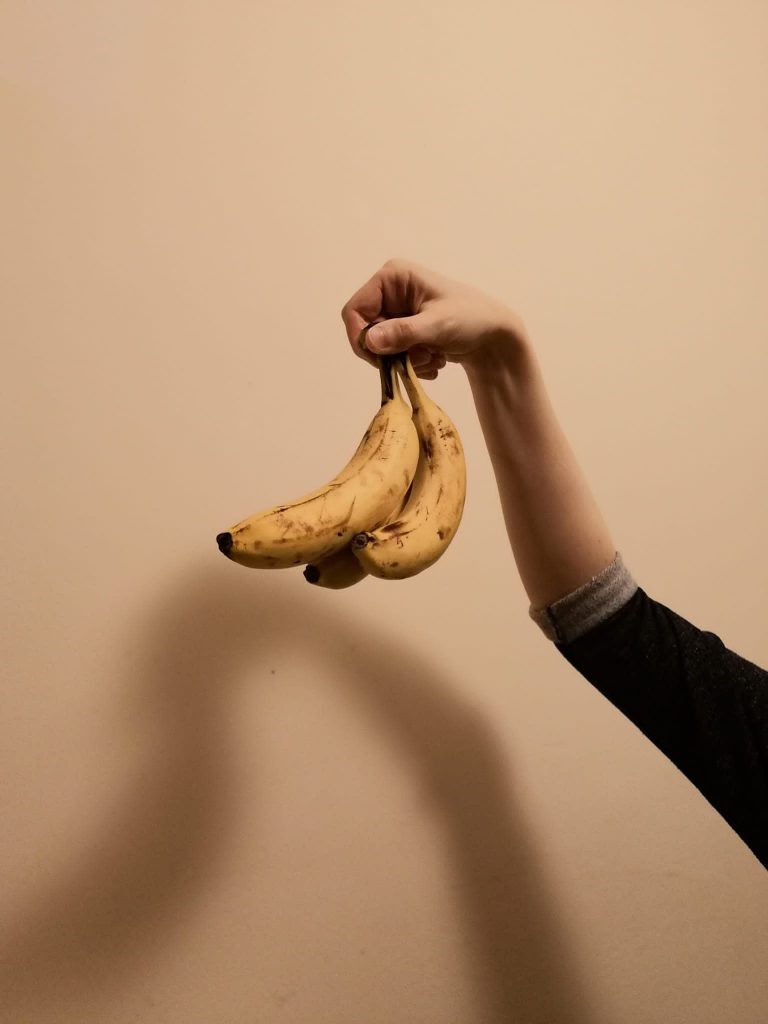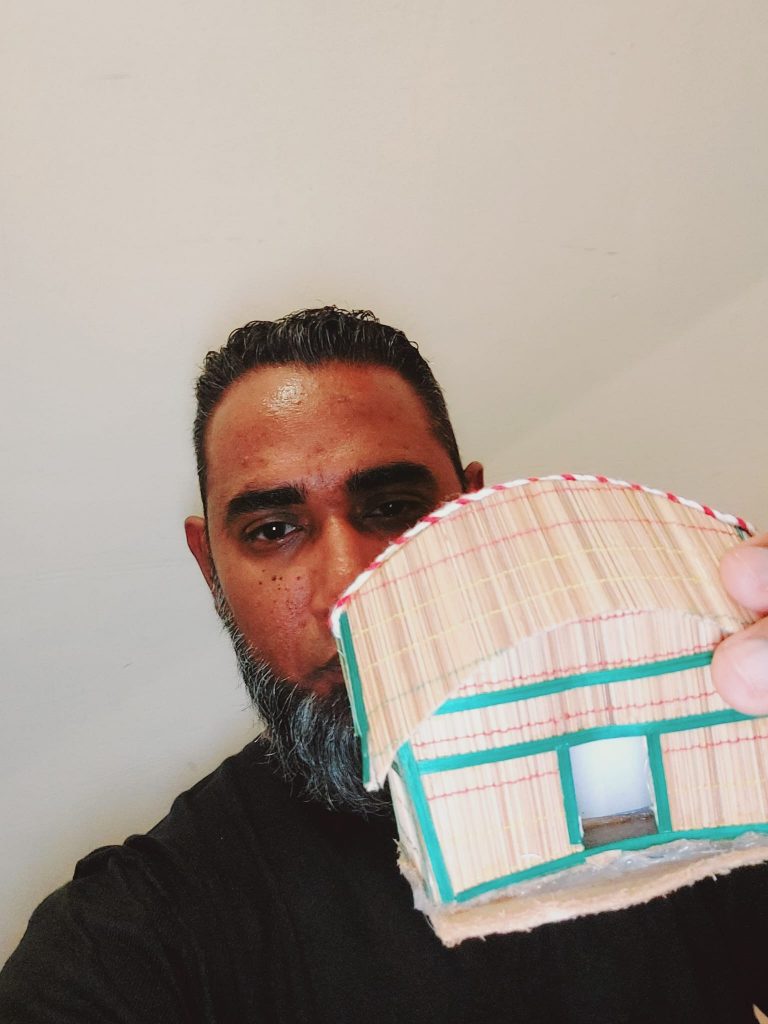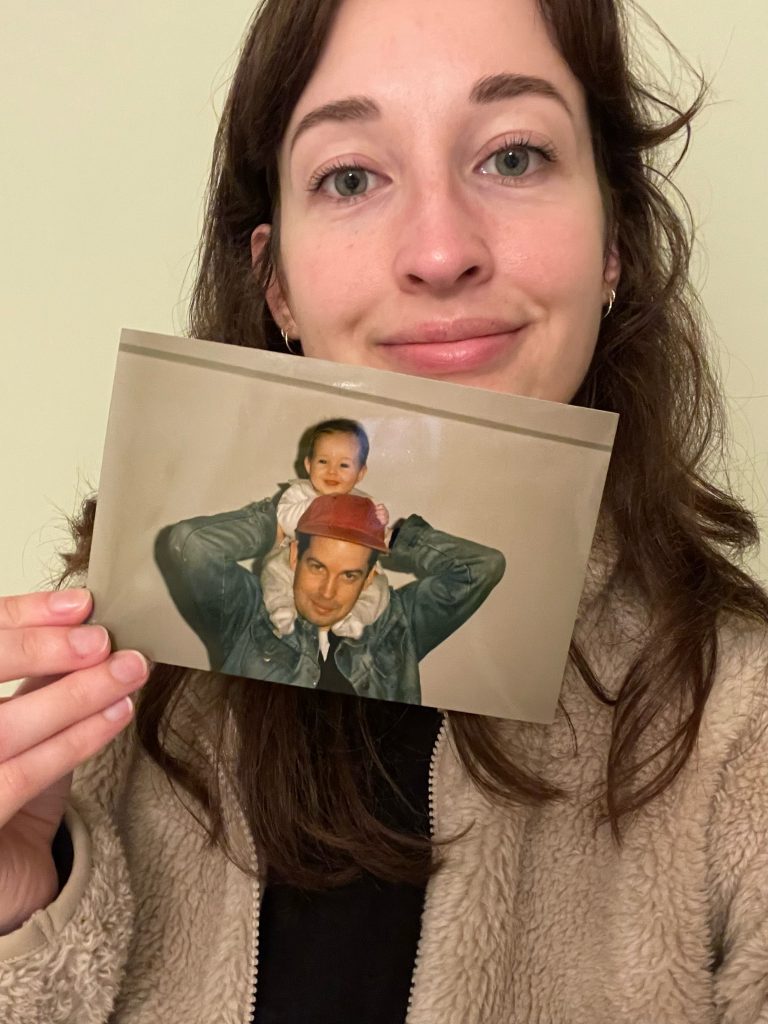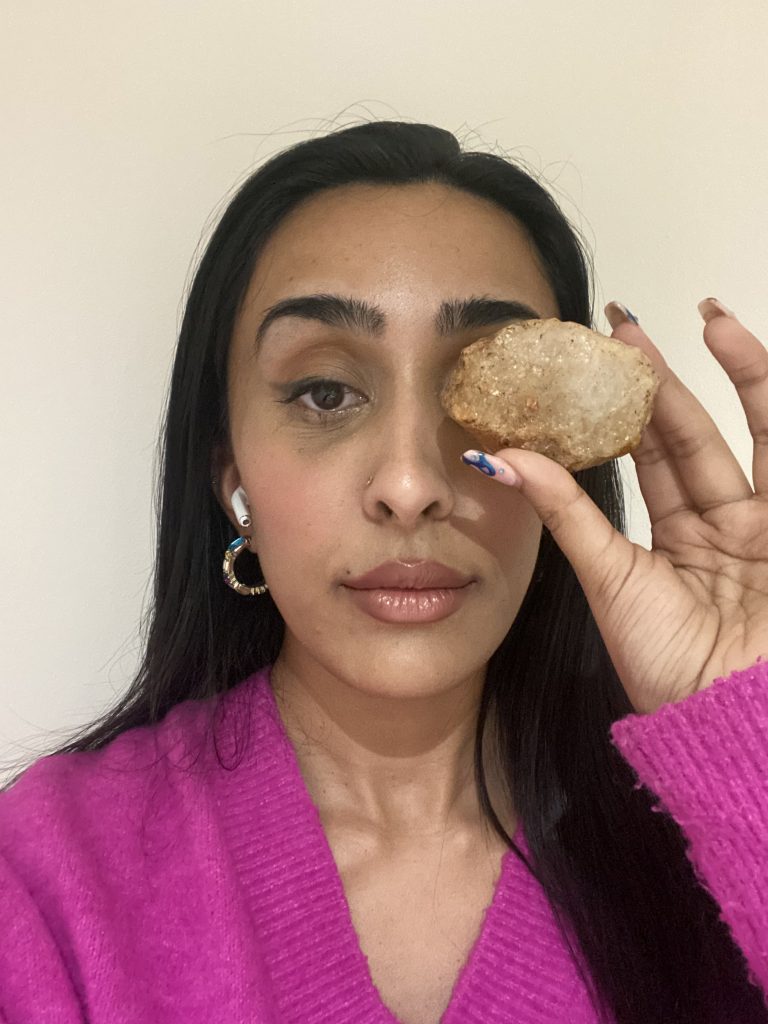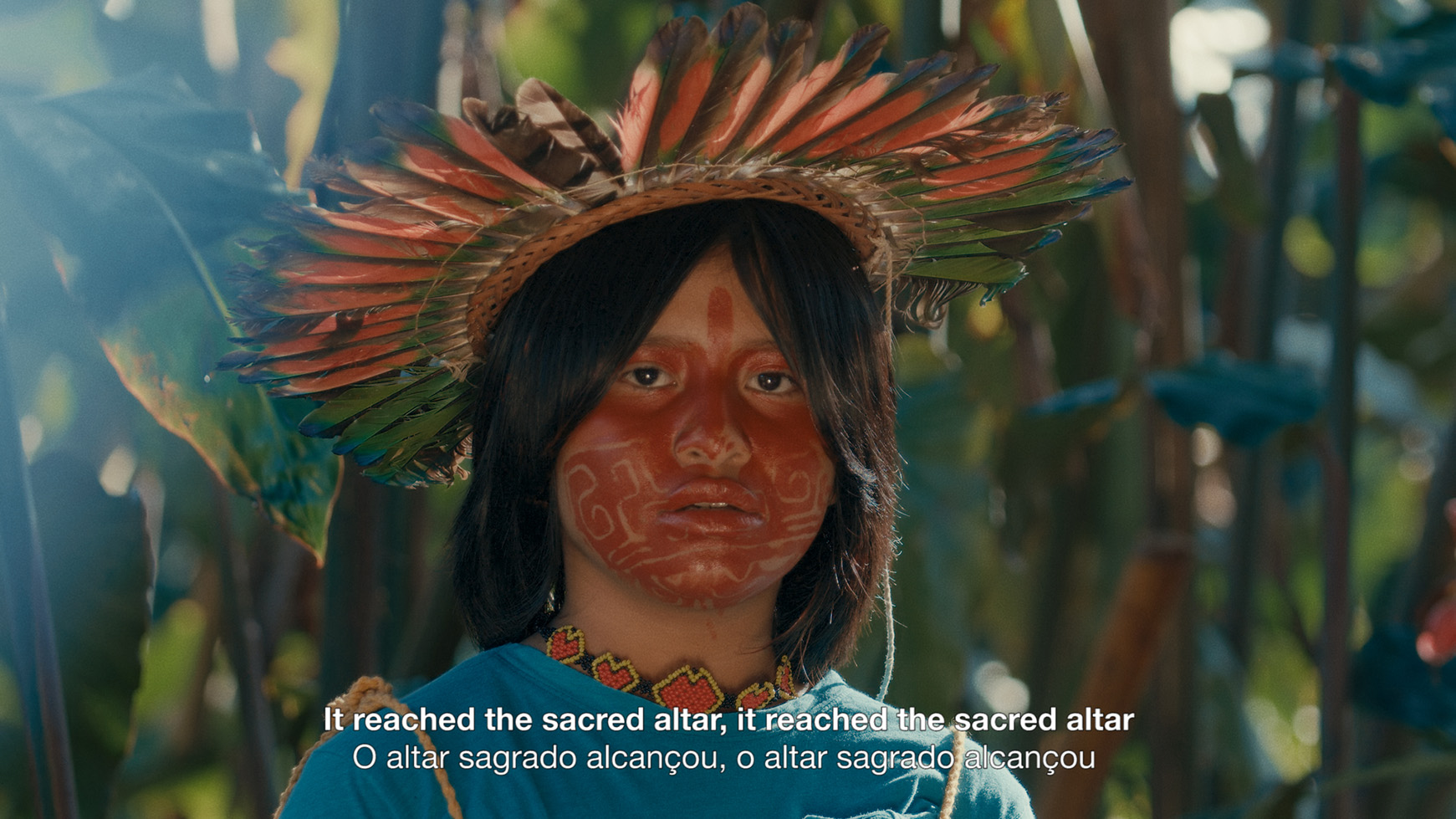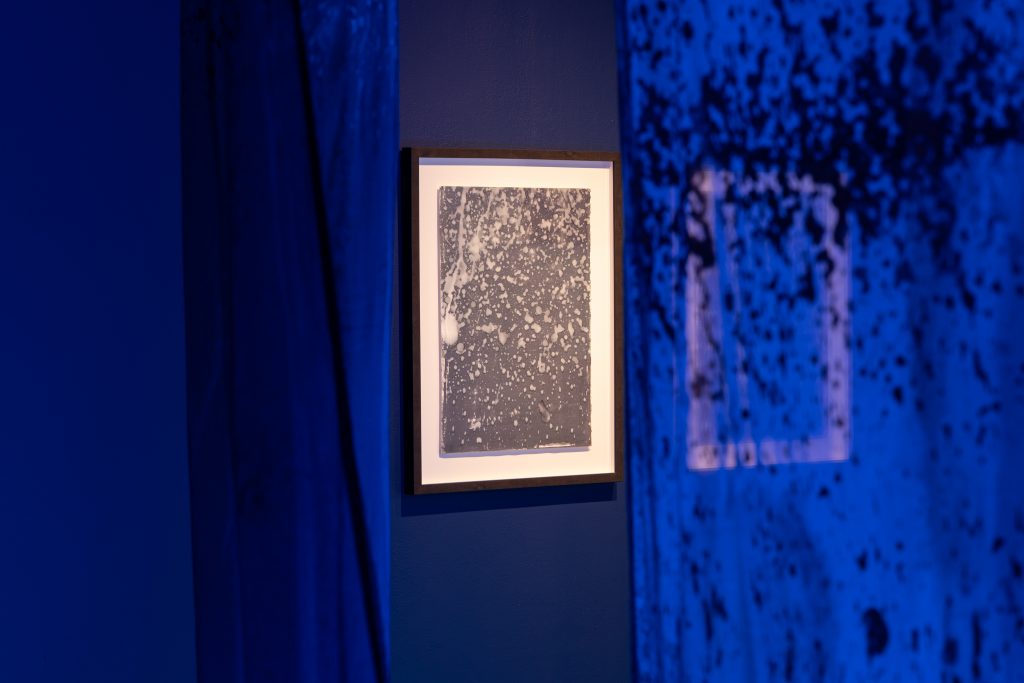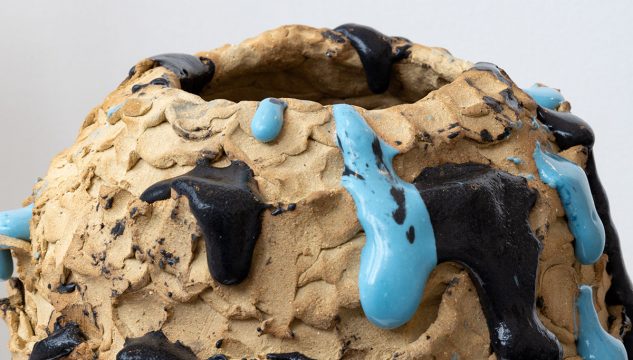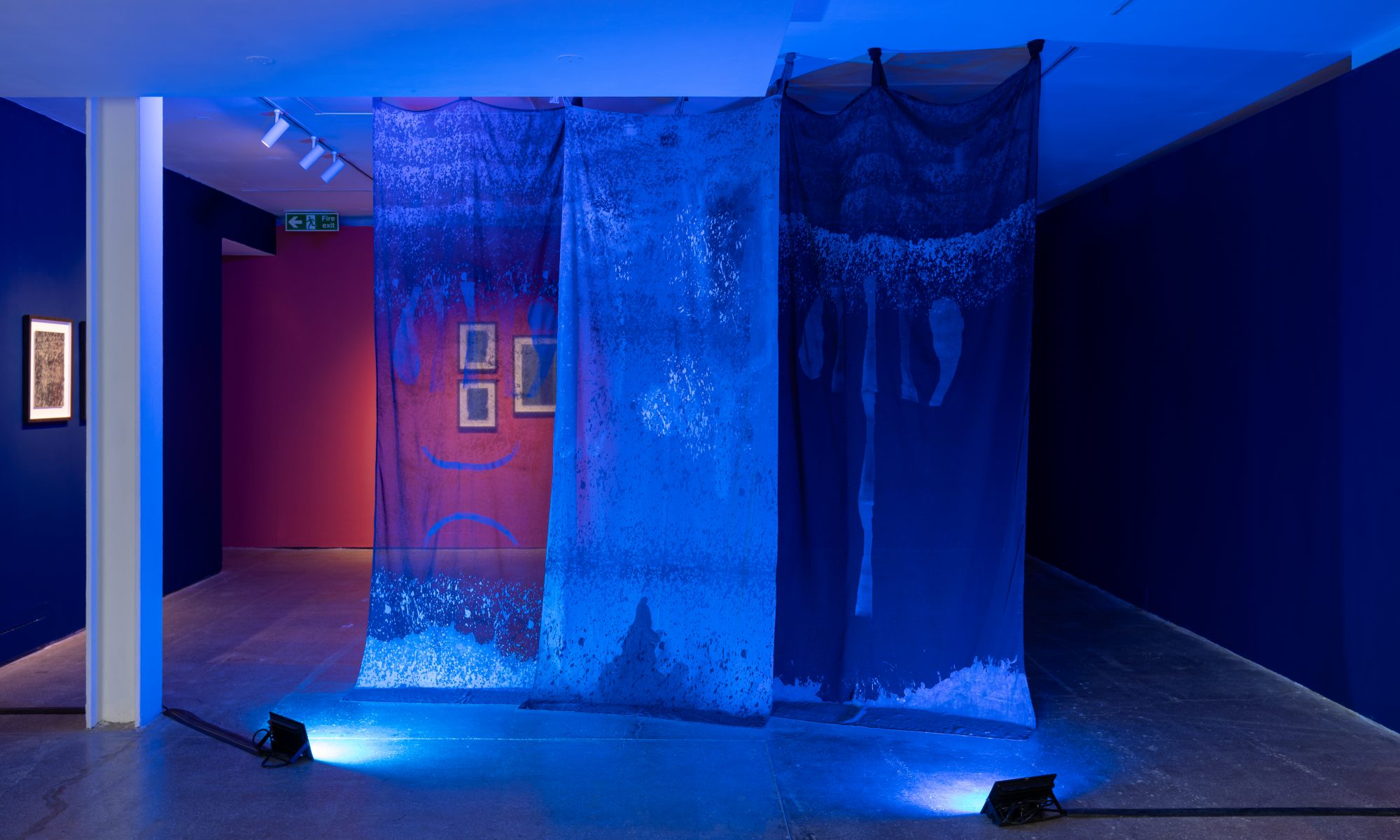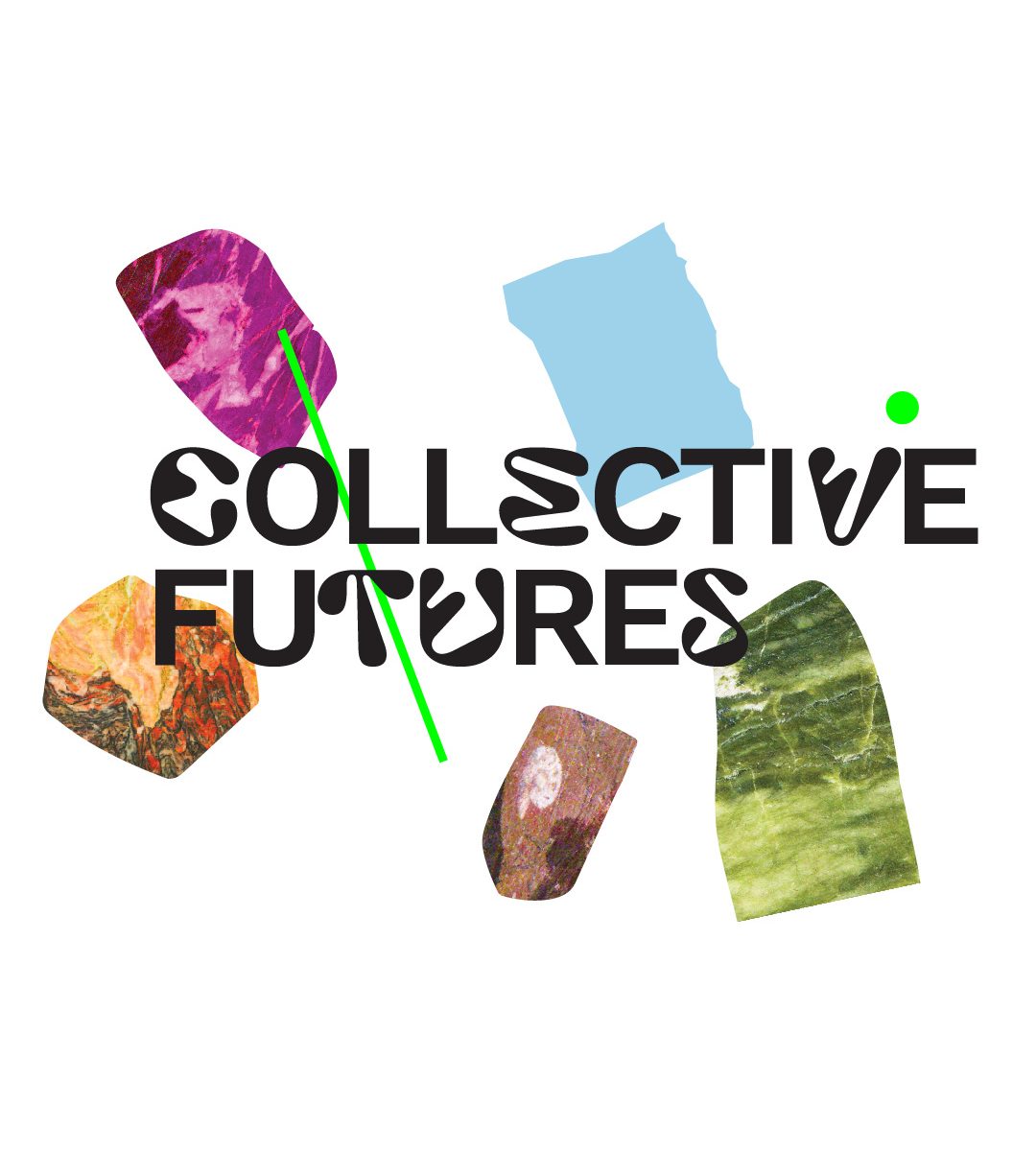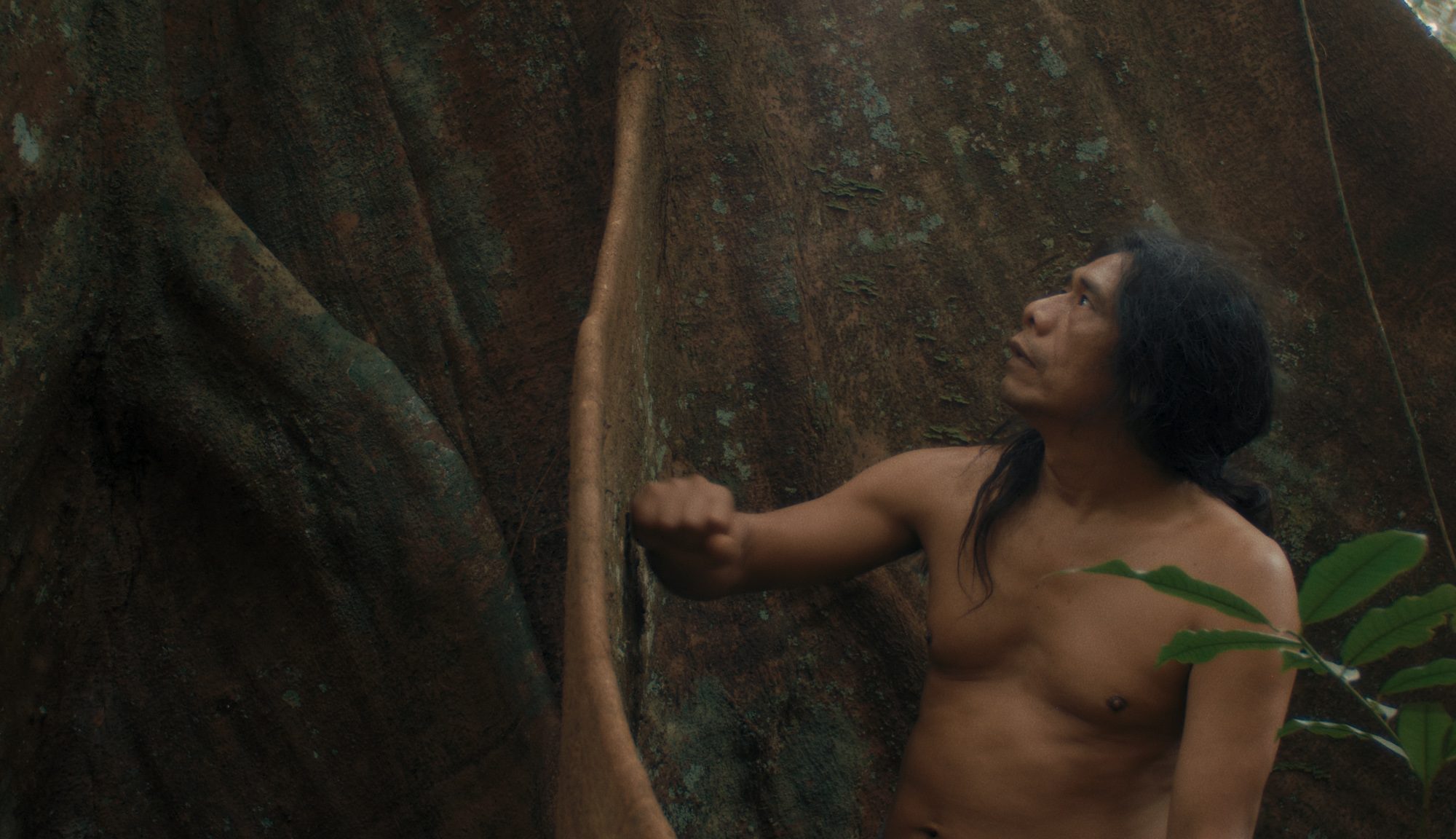Resonant Objects and Regrouping
For our next meeting of the Collective Futures group, we met online on 5 October 2023. Each brought an object which holds a resonance in connection to the climate crisis and we shared why it is meaningful.
Objects included a cast iron frying pan, an overlocker, an ornament, a banana, books, metal straws, Twin Peak DVDs, a calculator, antiques, a family photograph, a wind- up radio, cleaning products, a spider plant, bin bags, African rocks, breath and Sajida’s nose.
In under an hour, the Collective shared personal experiences, memories and emotions presenting objects that took us from the Amboseli, Kenya droughts and the mass deaths of animals, to sustainable bamboo building materials in Bangladesh to the worlds’ most contaminated – River Doe Lea (1995) – in Derbyshire to the everyday ritual of household waste disposal in Rochdale plus several other significant points of reference and resonances.
The feelings that were indirectly and directly expressed included the need for preservation of the past, fear, disbelief, overwhelm, frustration, injustice in the present, a sense of rootedness, the possibility for change, obligatory hope, the desire to nurture and cultivate and the acknowledgement of our inextricable connection to the world.
It’s not easy to get this kind of level of emotion and connection out of such a short session – especially one that takes place online. It was a really powerful sharing and there’s clearly so much more to unpack between us.
